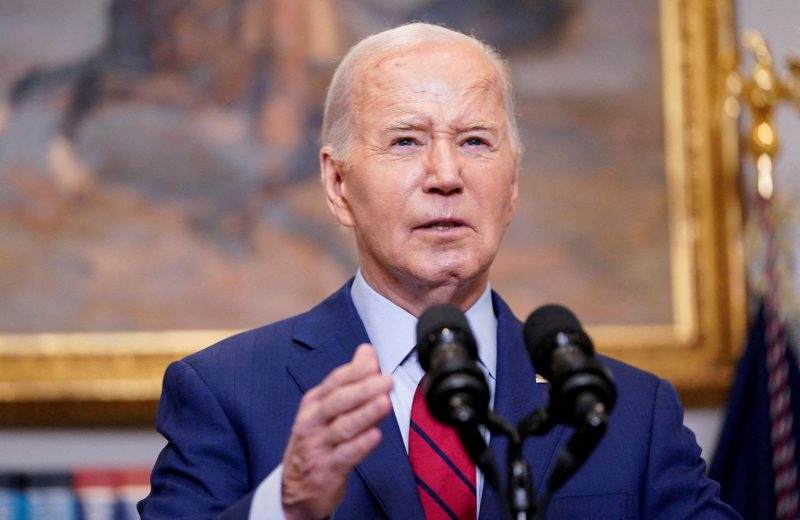In a complex geopolitical landscape fraught with tensions and conflicts, the Biden administration finds itself straddling its own red line on the Rafah invasion. The situation in Rafah, a strategic border town between Egypt and the Gaza Strip, has escalated into a humanitarian crisis, raising difficult challenges for the U.S. government.
The Biden administration’s approach to the Rafah invasion reflects the delicate balancing act it must maintain between upholding its stated principles and managing the realities of international relations. The U.S. has long supported Israel as a key ally in the Middle East, providing military aid and diplomatic backing. However, the indiscriminate violence and civilian casualties resulting from the invasion have drawn criticism from the international community, including U.S. lawmakers and human rights organizations.
Amid calls for stronger action to denounce the Israeli incursion into Rafah, the Biden administration faces pressure to demonstrate its commitment to human rights and international law. While President Biden has expressed concerns about the escalating violence and civilian toll, the administration has been cautious in its response, stopping short of imposing significant consequences on Israel.
The red line that the Biden administration is treading in the case of the Rafah invasion reflects the complex web of interests and alliances that shape U.S. foreign policy. Balancing the need to support Israel’s security with the imperative to address humanitarian concerns and uphold international norms presents a formidable challenge for the administration.
As the situation in Rafah continues to worsen, with reports of mounting casualties and displacement, the Biden administration finds itself at a critical juncture. How it navigates the competing demands of foreign policy and moral responsibility in the context of the Rafah invasion will have far-reaching implications for U.S. credibility and influence on the global stage.
In conclusion, the Biden administration’s stance on the Rafah invasion underscores the difficult choices and trade-offs inherent in U.S. foreign policy. Straddling its own red line, the administration must navigate the complexities of the Middle East conflict while upholding its values and principles. The path it chooses in responding to the crisis in Rafah will be a defining moment for its foreign policy agenda and its place in the world.
